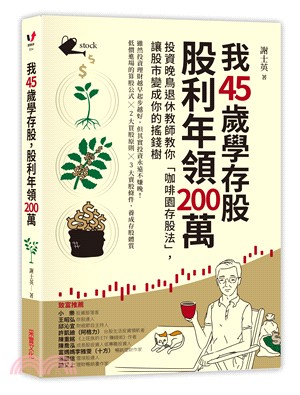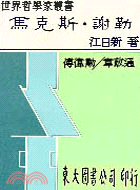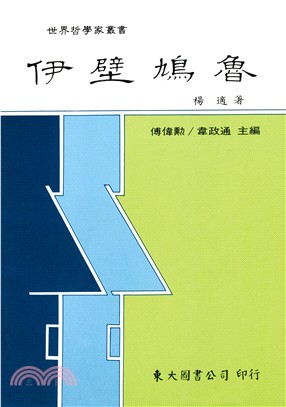Public Financial Management Reform in the Middle East and North Africa: An Overview of Regional Experience
商品資訊
定價
:NT$ 1427 元優惠價
:90 折 1284 元
無庫存,下單後進貨(到貨天數約30-45天)
可得紅利積點:38 點
相關商品
商品簡介
商品簡介
One of the most important functions governments perform is that of mobilizing and deploying financial resources to achieve their objectives. According to the most recent World Bank data, governments throughout the Middle East and North Africa (MENA) region spent approximately $407 billion dollars in 2007 in delivering their policy, regulatory and service functions. The way in which this money is spent has huge implications for their broader development trajectory. For governments to perform their spending function well, their PFM practices should meet certain well-established criteria. Government spending should be affordable, in that it takes place within a framework that ensures expenditure is consistent with monetary and fiscal policy objectives and sustainable in the long term. Governments should optimize the allocation of public resources between different sectors and expenditure categories in a way that reflects their policy priorities, including sustainable growth as well as human and social development. Such expenditure should be efficient, in that it maximizes output for a given set of inputs, and effective, in that it supports the successful realization of the government’s goals. It should also be transparent; conducted in accordance with the relevant laws and regulations; and undertaken with appropriate checks and balances to ensure financial probity.In many MENA countries, PFM reforms have been on the agenda for a decade or more. This study surveys these reforms across ten Arab countries—Algeria, Egypt, Iraq, Jordan, Lebanon, Morocco, Syria, Tunisia, the West Bank and Gaza and Yemen—using a combination of case studies and the Public Expenditure and Financial Accountability (PEFA) framework. PEFA is a set of twenty eight (28) high level indicators measures performance against best practice in developed and developing countries. The indicators analyze performance in the six core areas of public financial management: (1) credibility of the budget; (2) comprehensiveness and transparency; (3) policy-based budgeting; (4) predictability and control in budget execution; (5) accounting, recording, and reporting; and (6) external audit. At an aggregate level, MENA’s PFM systems are roughly comparable to those of other countries at similar income levels. As a whole, the region tends to fare a bit better on accounting, recording and reporting and a bit worse on credibility of the budget. In terms of average scores for the six main categories, the tightest scores (i.e. the lowest standard deviation) were around credibility of the budget, indicating commonality among MENA countries on this dimension, whereas the largest discrepancies were found in the area of budget comprehensiveness and transparency. The PFM reforms that have been particularly successful in MENA fall into two types: efforts to improve budget transparency and classification, and the reform of revenues, particularly tax and customs. Ironically, these represent two very different reforms. The first are relatively straightforward and technocratic in nature.
主題書展
更多
主題書展
更多書展本週66折
您曾經瀏覽過的商品
購物須知
外文書商品之書封,為出版社提供之樣本。實際出貨商品,以出版社所提供之現有版本為主。部份書籍,因出版社供應狀況特殊,匯率將依實際狀況做調整。
無庫存之商品,在您完成訂單程序之後,將以空運的方式為你下單調貨。為了縮短等待的時間,建議您將外文書與其他商品分開下單,以獲得最快的取貨速度,平均調貨時間為1~2個月。
為了保護您的權益,「三民網路書店」提供會員七日商品鑑賞期(收到商品為起始日)。
若要辦理退貨,請在商品鑑賞期內寄回,且商品必須是全新狀態與完整包裝(商品、附件、發票、隨貨贈品等)否則恕不接受退貨。
























